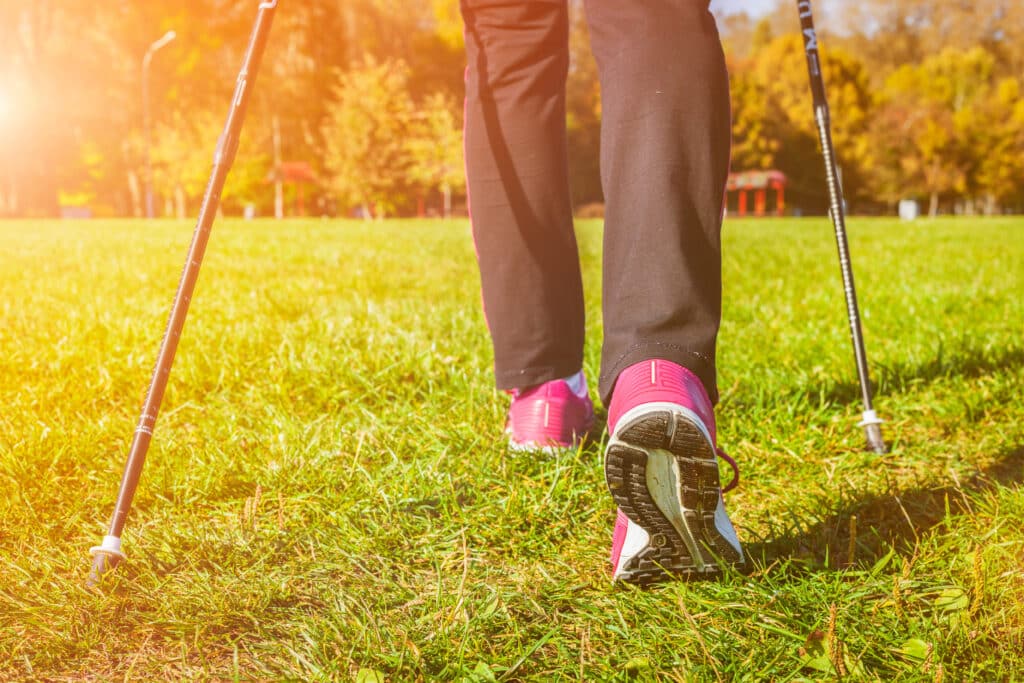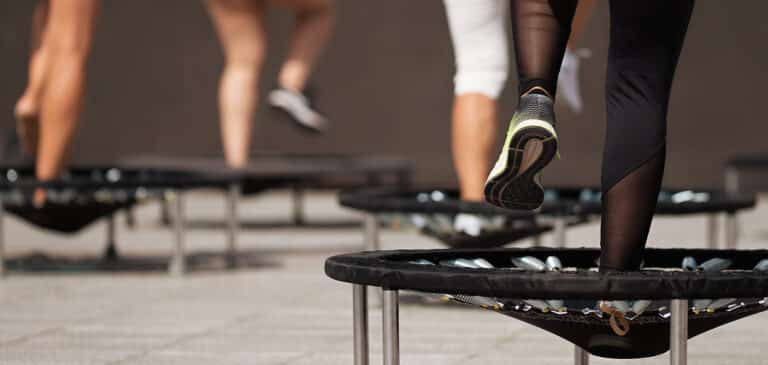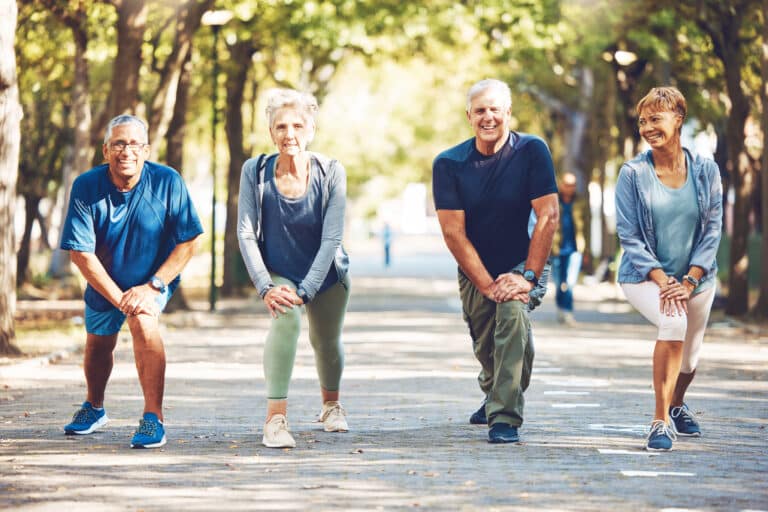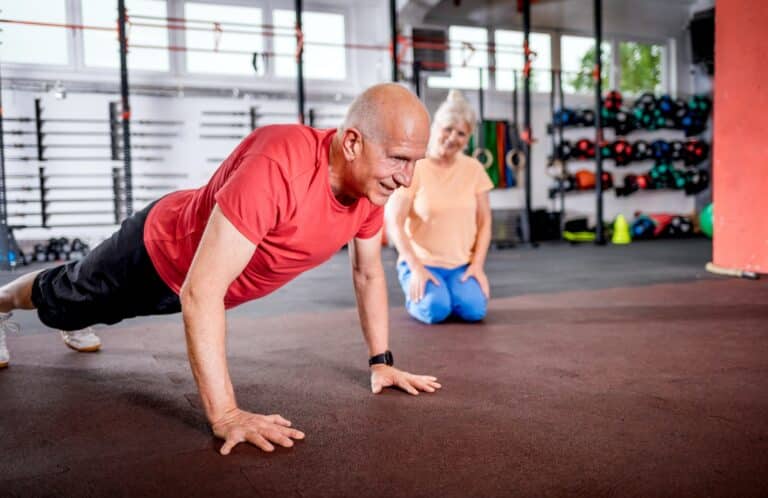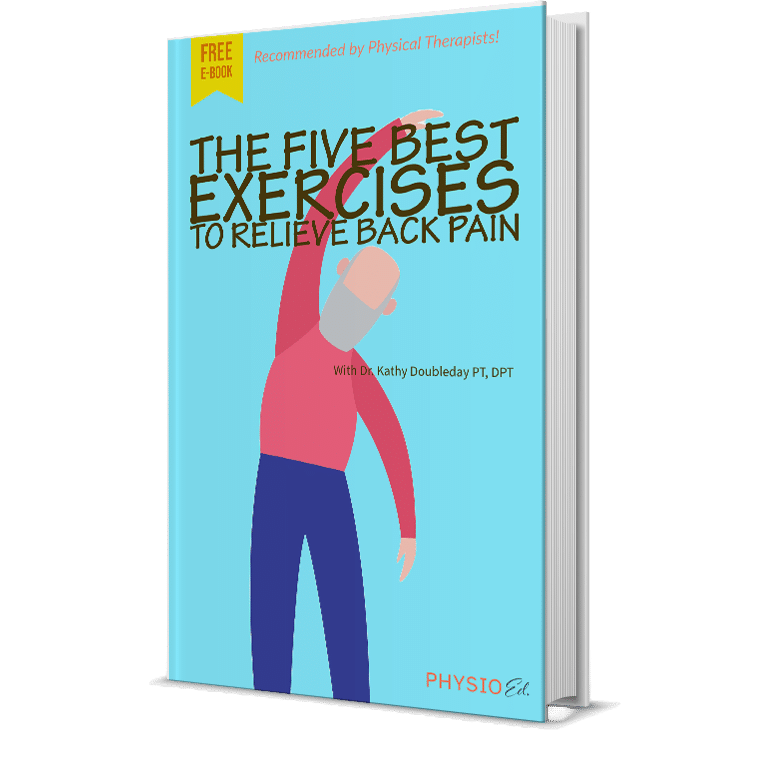Walking Your Way to Health
There is a specific type of exercise that not only benefits the body in many ways, but in addition has been clinically linked to increases in creativity and improved memory. What is this exercise that is so beneficial for both the body and mind? Walking! Yes, good ‘ole walking. Out of the many types of exercise you can do, there are many medical and exercise experts as well as clinical researchers who say that overall, walking is the best form of exercise for you. The risk of injury while walking for exercise is minimal and walking is much easier on your joints than other activities like jogging.
“Walking is a superfood. It’s the defining movement of a human, says Katy Bowman, a Biomechanist and author of “Move Your DNA: Restore Your Health Through Natural Movement,” Bowman suggests that walking is a type of movement essential to the body, so it is the best form of exercise you can do for cardiovascular health and overall wellness.
The brain has been shown to reap the benefits of walking as well as the body. Stanford University researchers published a study showing that walking increases creativity. Their experiment asked participants to come up with ideas of new ways to use everyday objects. When they thought of ideas while walking, they came up with four to six more ideas than when they were sitting. In another study, a comprehensive year-long project showed that walking was directly correlated with measurable increases in the brain region responsible for memory.
The benefits of walking can be realized by the body even in short increments. Just five minutes of walking has been shown to reverse the damaging effects on leg arteries caused by of sitting for three hours according to a small study published in The Journal of the American College of Sports Medicine. But just because a little bit of walking can go a long way, don’t think that five minutes is all you need to do! Aim for engaging in moderate to brisk paced 30 minute walks several most days of the week, as recommended by the U.S. Surgeon General and the Centers for Disease Control and Prevention and American College of Sports Medicine.
Walking your way to good health is best done in a specific way in order to glean the most benefits from it. Transform your everyday walk into a fitness stride by:
• Keeping your chin up and head facing forward. Line your ears up over your shoulders for proper spinal alignment.
• Consciously keep your neck, shoulders, and back relaxed.
• Swing your arms freely with your elbows slightly bent. The swinging motion is backward and forward, not side to side.
• Maintain a smooth stride by rolling your foot from heel to toe. Push off from the toe with each new step. Taking quicker steps as opposed to longer strides.
• Practice full deep breaths, using the belly as well as the chest in order to fill the lungs.
In addition, be aware of these other considerations:
Shoes: Select shoes specifically designed for walking as they will have good arch support and shock absorption.
Warm up: Begin the walk with a 5-10-minute warm up period to activate your muscles.
Cool down: End your walk at a slow pace for 5-10 minutes to let your muscles gradually cool down and.
Stretching: Adding a light stretch to your warm up and cool down will add to injury prevention and help decrease soreness.
Almost 2500 years ago the Greek physician and Father of Western medicine Hippocrates said, “Walking is a man’s best medicine.” Make walking part of your daily life and you may just find that you agree with him.

